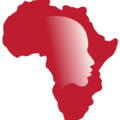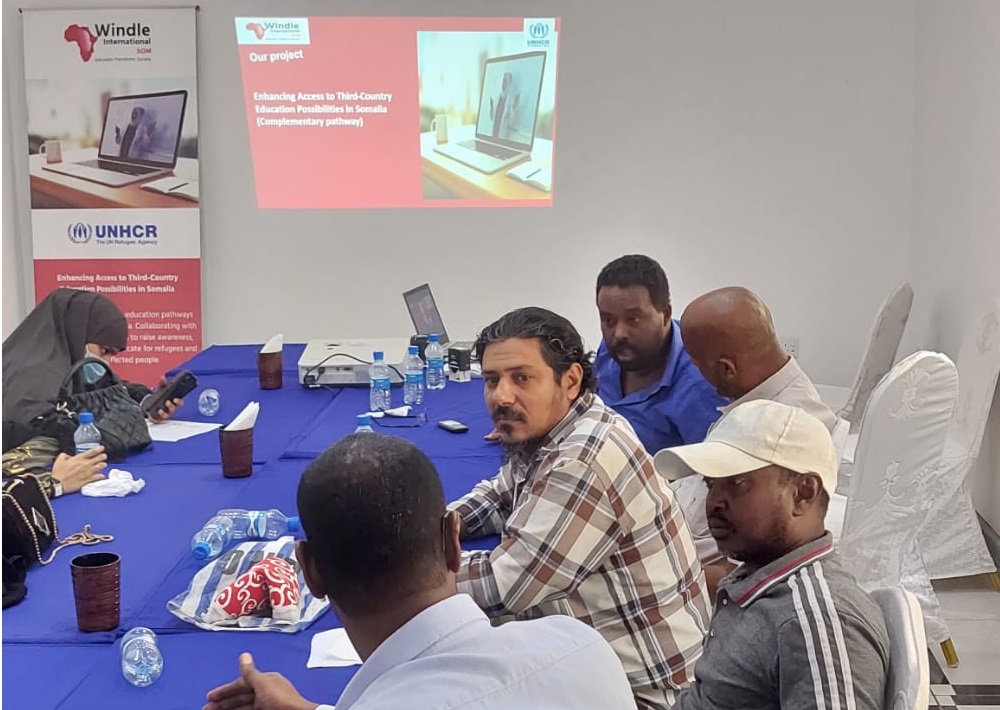Complementary Pathways Project
Enhancing Access to third-country education possibilities in Somalia
Third-country solutions are pathways for refugees to relocate from a State in which they have sought protection (host country), to a third State (receiving country) . Complementary pathways are safe and regulated avenues for refugees that complement resettlement by providing lawful stay in a third country, where their international protection needs are met.
The Global Compact on Refugees (GCR) states that if the international community is going to meet its responsibility to ensure safe and sustainable solutions for refugees – particularly as refugee situations around the world increase – expanding access to third countries is imperative.
UNHCR recognises that there are challenges to be overcome if complementary pathways are to be increased. These include:
- barriers to access (like legal, administrative and practical obstacles faced by refugees),
- limited coordination between stakeholders,
- limited coordination between stakeholders,
Current systems are not designed to capture holistic information about refugees’ profiles, skills and knowledge to facilitate access to complementary pathways, nor to capture data on refugee admissions through existing pathways.
To address this, WISOM is working to improve how information about high-performing students is captured, managed, and used. The aim of the project is to generate data for advocacy and support efforts to increase the number of higher education pathways to third countries for refugees.
In its initial phase, through the project WISOM has set up a data management system, undertaken student profiling, mapped institutions and education stakeholders outside and within Somalia. We have been raising awareness about, and championing the ability of tertiary education to provide refugees and refugee-returnees in Somalia with significant opportunities.



